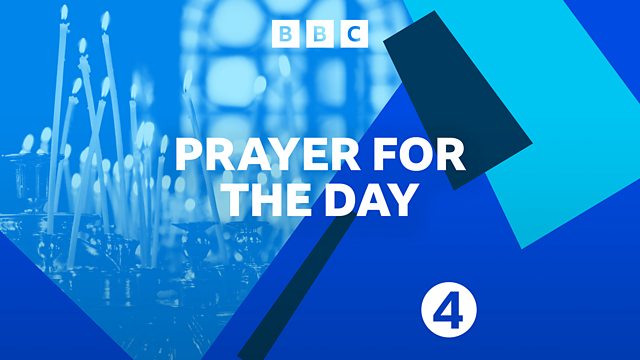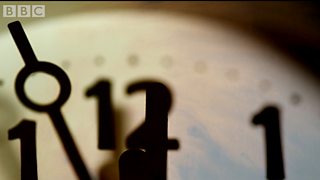The Language of Prayer
A spiritual comment and prayer to start the day with Fr John Burniston
A spiritual comment and prayer to start the day with Fr John Burniston
Good morning.
Iβve just moved house and as each item went into the packing boxes - as you do - I idly flipped through the pages of books I hadnβt, in all honesty, read in years.
One of them was an 1817 edition of the Book of Common Prayer and my eyes settled on these words of intercession: βAnd we most humbly beseech thee of thy goodness, O Lord, to comfort and succour all them, who in this transitory life are in trouble, sorrow, need, sickness, or in any other adversity.β
And I wondered: if one forgot the spelling for a moment, what might go through the minds of those listening, who hadnβt been brought up with 17th century language?
The gardener might think about taking a pair of secateurs to the strong sucker that often comes up from beneath the bud union, to stop it draining strength from their favourite rose. On the other hand, a 14 year old might describe someone who doesnβt stand up for themselves as βa suckerβ.
The written prayers now available to help our prayer life β in Church or at home β have been agonised over for at least forty years. Writers have been concerned with meanings of course, but also with whether the prayers should reflect contemporary life or should sound timeless? Should they be understandable at first hearing or should they repay some study?
My instinct is to find prayers which do both: prayers should make sense first time round but they should also challenge us to go beyond the words, to search for all that God has in mind.
Lord, may the time I spend in prayer reveal clearly what you wish me to learn today.
Amen.


